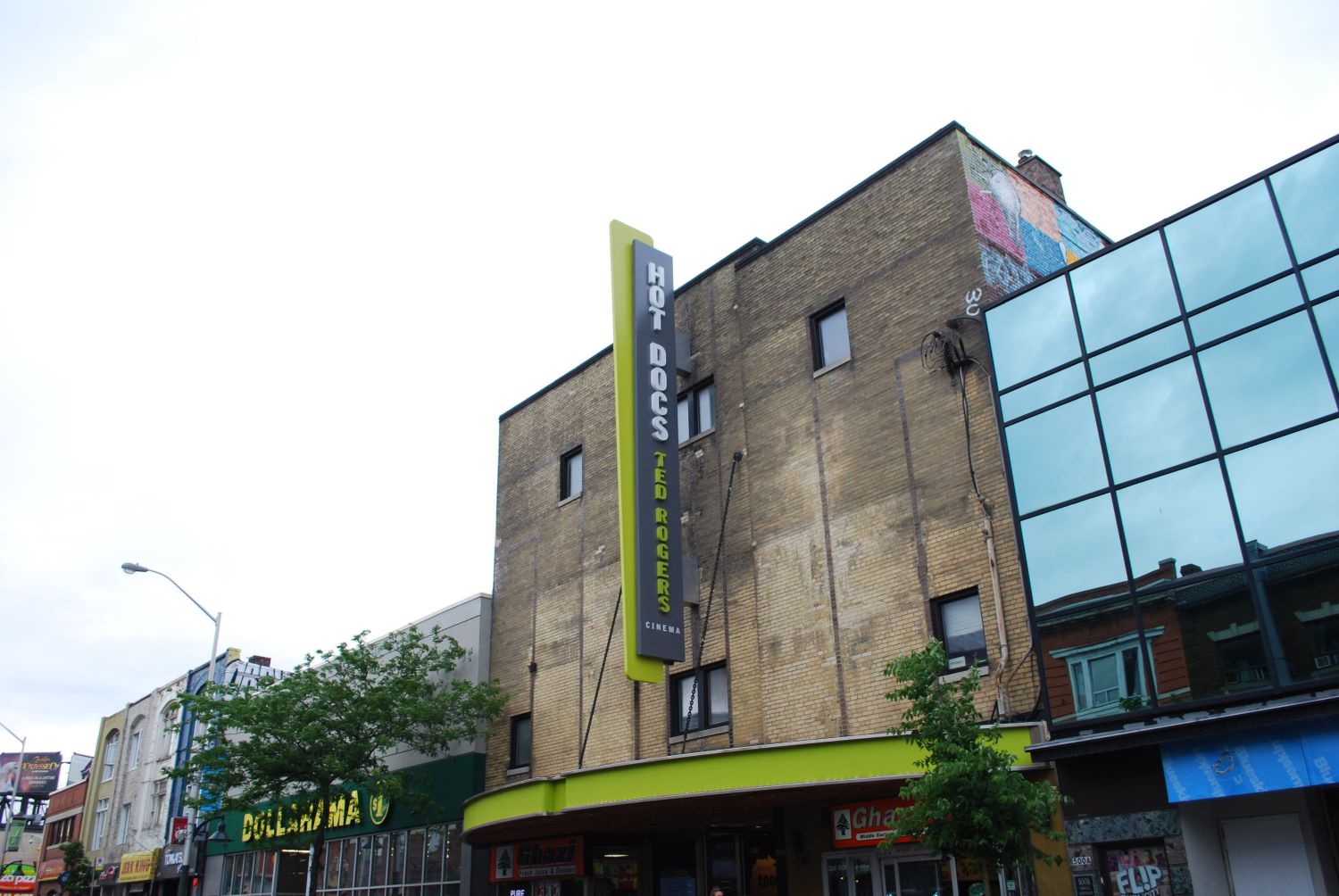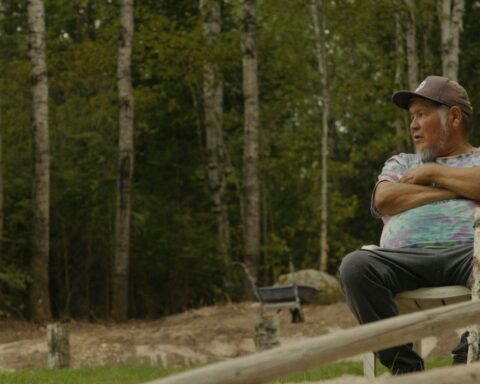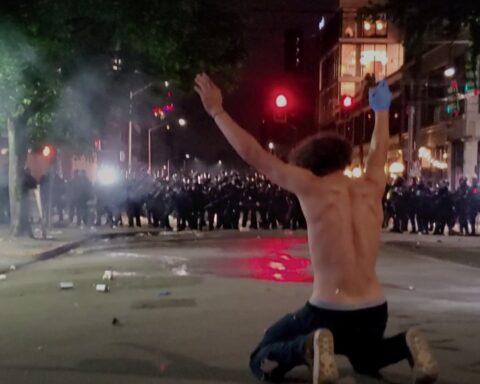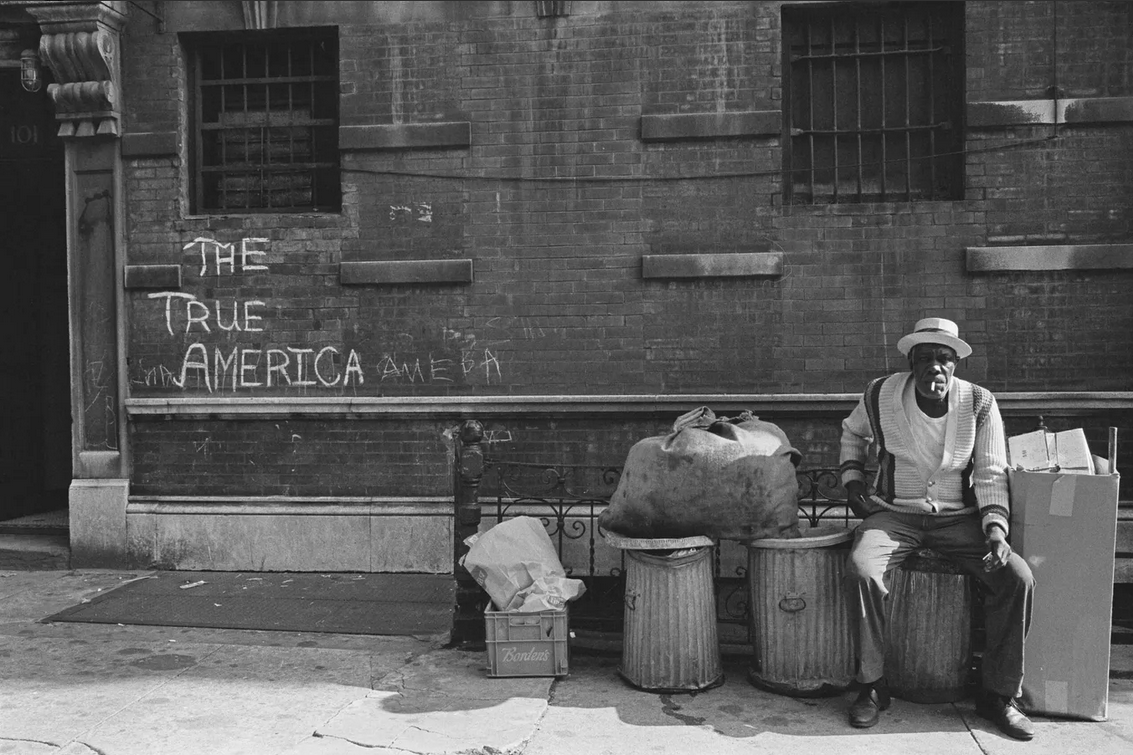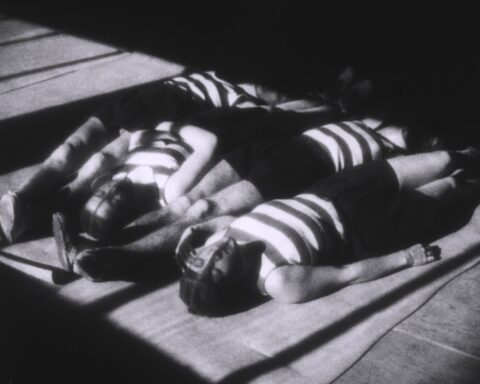Hot Docs will pause operations at Hot Docs Ted Rogers Cinema this summer. The cinema will close temporarily on June 12 and will be on hiatus for “approximately three months,” the festival noted in a release. During this time, Hot Docs will sit tight and reassess by reviewing the cinema’s “mission, programming, and operations.” The pause means temporary staff layoffs while Hot Docs deals with a sizable deficit. The cinema had programming scheduled through the end of June, but added in a release to members that staffers are “in the process of rescheduling or securing alternative venues for select events and will inform ticket buyers of these new plans.”
The news, which was first reported by the Toronto Star ahead of today’s 2:00pm EST press embargo, offers further proof of the many challenges that festivals and arts organization in Toronto face right now. (The festival subsequently reported the news to members just before 11:30am.)
“This has been an incredibly difficult decision to make, but it’s crucial for us to take this step now. This temporary closure will enable us to pause, recalibrate, and strategically plan a sustainable future for this beloved organization,” said Robin Mirsky, Co-Chair of Hot Docs’ Board of Directors, in a statement from the festival. “We are grateful for the overwhelming support that we’ve received from our community since we vocalized our operating deficit in March. We’ve made significant progress since then, but there is still important work to do to ensure that we emerge stronger and more resilient, and that Hot Docs Ted Rogers Cinema continues to be a vibrant cultural hub for Toronto.”
The temporary closure of Hot Docs Ted Rogers Cinema seemed like an inevitability heading into this year’s edition of the festival. Prior to launching its 2024 line-up, the festival faced a roller-coaster of setbacks leading into the event, which included the resignation of 10 of its programmers, the unceremonious departure of its artistic director, significant financial challenges, public calls to dissociate itself from lead sponsor Scotiabank and/or call for the financial institution to divest from Elbit Systems (which supplies the Israeli army).
However, the festival generally rebounded best it could, screening 168 films across 274 screenings. Hot Docs noted that box office revenue for this year’s festival exceeded its target by 12%. Many daytime screenings were at capacity, as were evening screenings in the Big Ideas series. The film’s opening night doc, Luther: Never Too Much, scored distribution with CNN Films and OWN shortly after the festival.
However, Hot Docs notes that the close comes even though numbers for the cinema are on the rise. Hot Docs reports that box office at the cinema is up 59% this fiscal year with membership sales up 21%, and concession sales up 38%. However, with the year-round operation marking significant costs, “given the slow post-pandemic recovery and the operating deficit brought about by it, a temporary closure is still necessary, even with these encouraging figures,” noted the festival in a statement.
Hot Docs bought the cinema in 2016 with a $5 million gift from the Rogers family, $4 million of which went towards the building and the other $1 towards the Hot Docs Ted Rogers Fund. According to the Toronto Star, the organization bought the cinema from Neil Tabatznik of Blue Ice Docs for $8.4 million even though it was valued at $9 million. Hot Docs had previously operated in the Bloor Cinema in partnership with Blue Ice Docs since 2011. The gift from the Rogers family gave naming rights to the festival and made it, at the time, not simply the largest, but the only standalone movie theatre dedicated exclusively to documentaries.
In recent years, Hot Docs Ted Rogers Cinema gradually shifted away from programming that focused exclusively on documentaries. The move in part reflected changing audience habits amid the pandemic and the growth of streamers’ role in documentary distribution. Alongside documentaries, the cinema screened classic dramatic works, educational series, author talks, and podcast sessions, although the cinema generally re-calibrated its programming changes recently with a stronger doc focus. The programming changes also reflect the reality of meeting the hard costs associated with filling a 650-seat theatre in a changing theatrical landscape.
Similarly, Canadian Business recently reported about many challenges faced by TIFF associated with the costs of running the five-cinema Lightbox. TIFF recently brought Luminato into its building to ease occupancy costs and help another festival. TIFF Lightbox opened in 2010 to give a permanent year-round home to the festival and faced an additional setback when lead sponsor Bell walked away before last year’s event.
In recent years, local festivals and cinema clubs have shifted from Hot Docs Ted Rogers Cinema to smaller venues like the Paradise and the Revue. Other rep cinemas in Toronto changed operations or shut entirely during the pandemic. The old Mount Pleasant Theatre now operates as a church, while the Regent on Mount Pleasant never reopened after the first wave of 2020 closures and is now undergoing community redevelopment. The popular Royal, once a Hot Docs venue, only screens the odd film as a stand-along presentation. It generally runs comedy shows, concerts, and burlesque performances.
Hot Docs noted that it “is optimistic about reopening the Cinema in the fall.” Following conversations with community stakeholders, it hopes to reopen while “featuring the type of engaging and captivating cultural programming that it’s renowned for, supported by a sustainable and strategic operating plan.”
Correction: This story previously noted that The Globe and Mail and The Star first broke the story. The Globe received permission from Hot Docs to run its story following the Star‘s publication.




